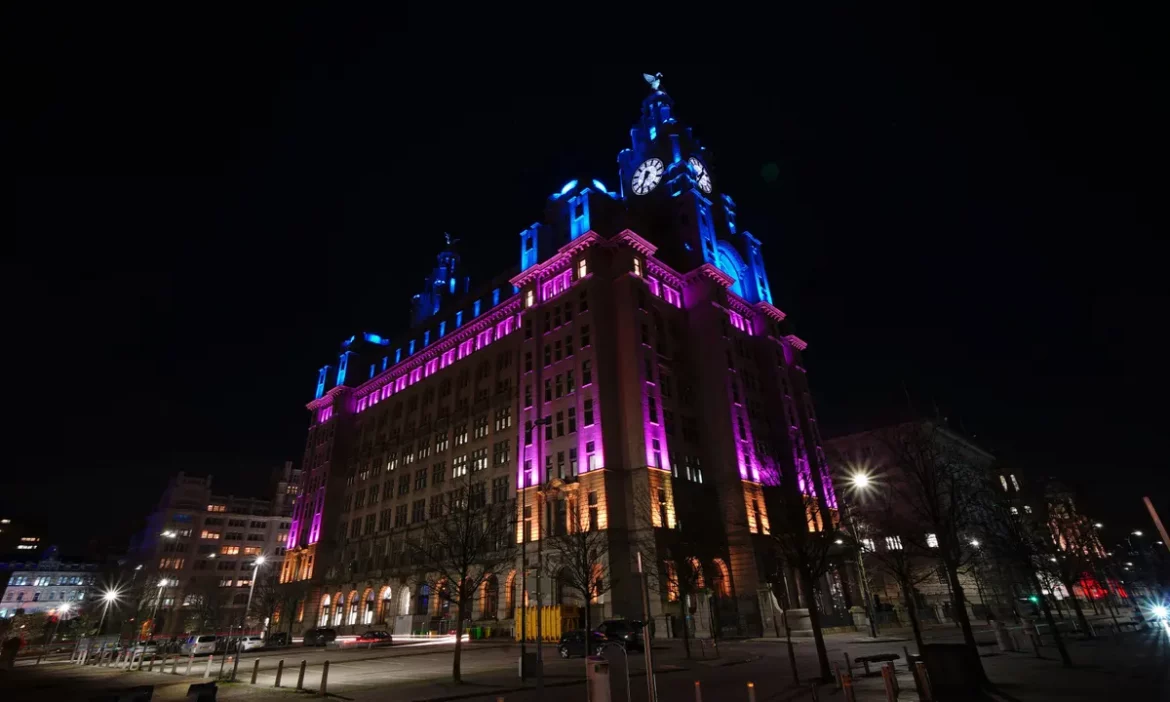Liverpool, which will host the Eurovision Song Contest, is the first UK city to sign on to the Paris Agreement for significant live events.
Only events that agree to reduce greenhouse gas emissions by 50% to help achieve climate goals—including using a portion of renewable energy to power the festival and reducing the number of cars people bring to events—will be granted licenses by the city.
The council made the decision in response to research that was published on Tuesday that revealed car travel to festivals accounted for a sizable portion of an event’s greenhouse gas emissions despite not typically being included in the festival’s carbon footprint.
All major festivals and events must get licenses to operate from local authorities and while 310 local authorities in the UK have officially declared a climate emergency – representing more than 75% of all local authorities of this type – Liverpool is the first to commit to the measures.
Read Also: kerry-to-stay-on-as-bidens-special-climate-envoy-through-cop28
The Paris agreement was signed in 2015 by 196 countries to keep global temperature rises below 1.5C by the end of the century.
The study, from the Tyndall Centre for Climate Change Research at Manchester University, found festivals could reduce their emissions significantly by reducing parking spaces.
Researchers estimated the negative impact of audiences traveling to eight large festivals in the UK, including Glastonbury, Reading and Leeds. They estimated Bestival had the largest carbon output per ticket holder, while Glasgow’s TRNSMT had the lowest, due to having fewer parking spaces.
They calculated that festivals may be able to halve their overall carbon emissions by reducing car parking by 70% and providing more options for travel, such as train, coach or active travel, such as cycling.
Though the figures were very approximate, as no data on carbon emissions caused by travel to festivals has been collected, researchers estimated reducing car use for Glastonbury by 20% could save about 400 tonnes of carbon dioxide emissions if reduced car use was replaced by train and shuttle bus arrival.
Story adapted from The Guardian
